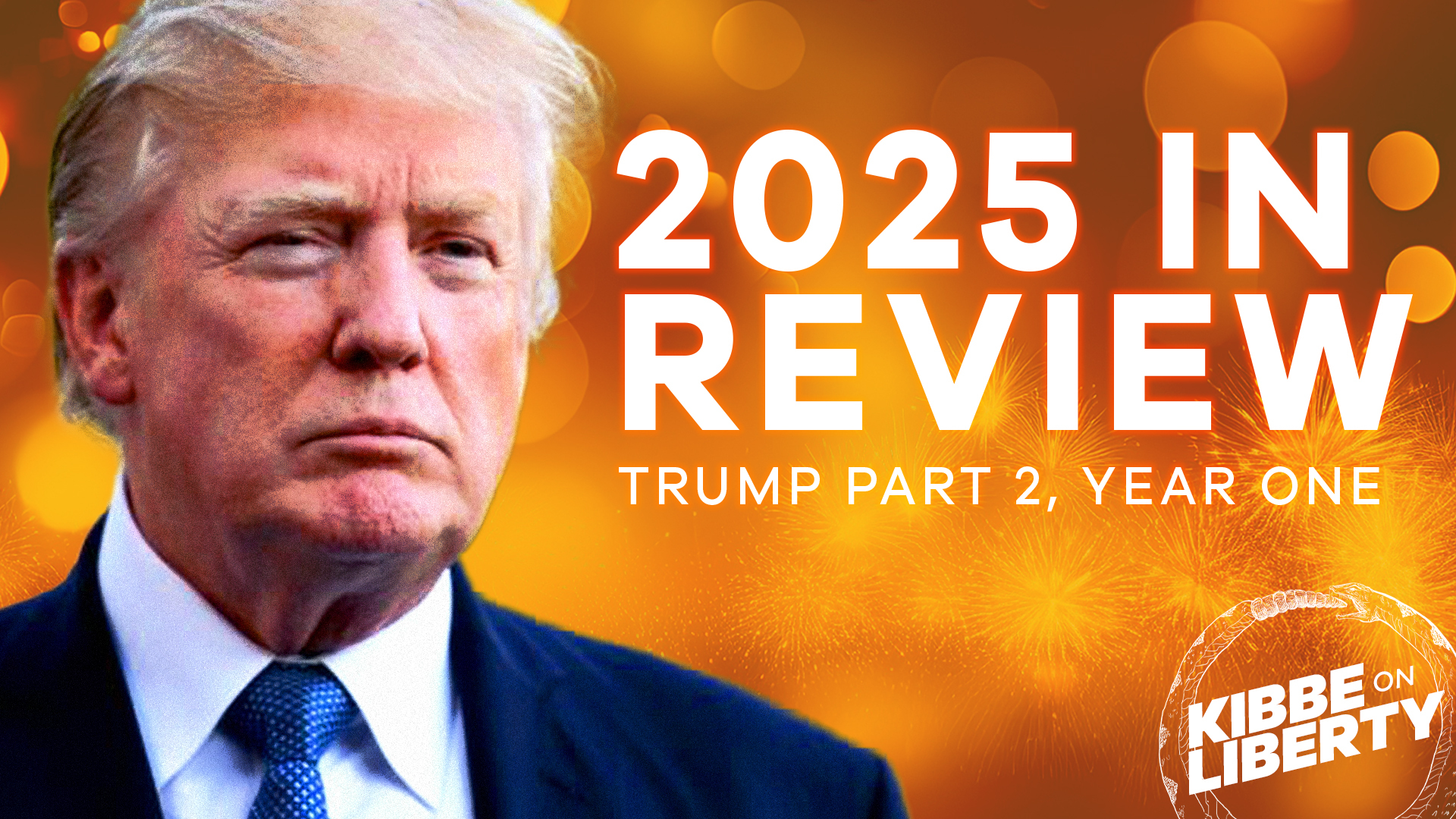
DOGE Should Encourage Competitive, Not Court, History
The so-called Department of Government Efficiency (DOGE) to be headed by Elon Musk and Vivek Ramaswamy faces numerous challenges. To achieve its ambitious goal of cutting $2 trillion in federal government spending, it will have to justify its cuts to policymakers and voters. If federal policies encouraged competitive over court history, justifications would abound but, alas, historians face considerable barriers to entry when it comes to studying the executive branch of the U.S. federal government.
By court history, I mean the penchant for putting historians on the government payroll, often for a pretty penny. The Nuclear Regulatory Commission (NRC) is currently making one such hire, offering a $200,000 annual salary in an opaque hiring process that, at best, will lead to the appointment of an apologist, sycophant, or placeman (or woman) who will have a vested interest in hiding the government’s mistakes and exaggerating its virtues. As Alexander Hamilton noted in 1792, “it is thought ungrateful for a man to bite the hand that puts bread in his mouth.”
Don’t get me wrong, I hold a Ph.D. in History because all those old cliches about the dangers of not learning the lessons of the past hold true. The past decisions of our sundry governmental bodies ought to be rigorously examined, not by biased government employees but by all who wish to investigate, at their own expense of course. Had competitive history been encouraged in the past, DOGE today would have a much easier time convincing lawmakers and citizens that specific government entities create costs far exceeding their benefits.
Competition, even in ideas, leads to the best outcome at the lowest price.
Court historians crowd out competitive historians by using the power of their positions to deny the “outsiders” equal access to primary sources, the raw materials on which quality histories must be built. Better to allow all who wish to examine the sources to do so, in as accessible a manner as possible.
Other bureaucracies, like the Securities and Exchange Commission (SEC), employ no court historian but also restrict access to primary sources by forcing researchers to file Freedom of Information Act (FOIA) requests simply to gain archival access. I know from bitter and repeated experience that the SEC then weaponizes the FOIA process to stall for time, hoping that professors subject to “publish or perish” pressures will switch to easier topics that won’t threaten the status quo. The costs involved in “doing the FOIA dance” are substantial for both the researchers who stick it out and the government entities themselves.
For those reasons, DOGE should do away with government-employed court historians and open up competition in historical research by allowing National Archives and Records Administration (NARA) archivists to do what they were trained to do, create useful finding aids for researchers and allow direct access to historical sources without the need to submit FOIA requests. Then researchers can more fully investigate the virtues and foibles of the federal government before our democracy dies in an artificially-created darkness.
Free the People publishes opinion-based articles from contributing writers. The opinions and ideas expressed do not always reflect the opinions and ideas that Free the People endorses. We believe in free speech, and in providing a platform for open dialogue. Feel free to leave a comment.



